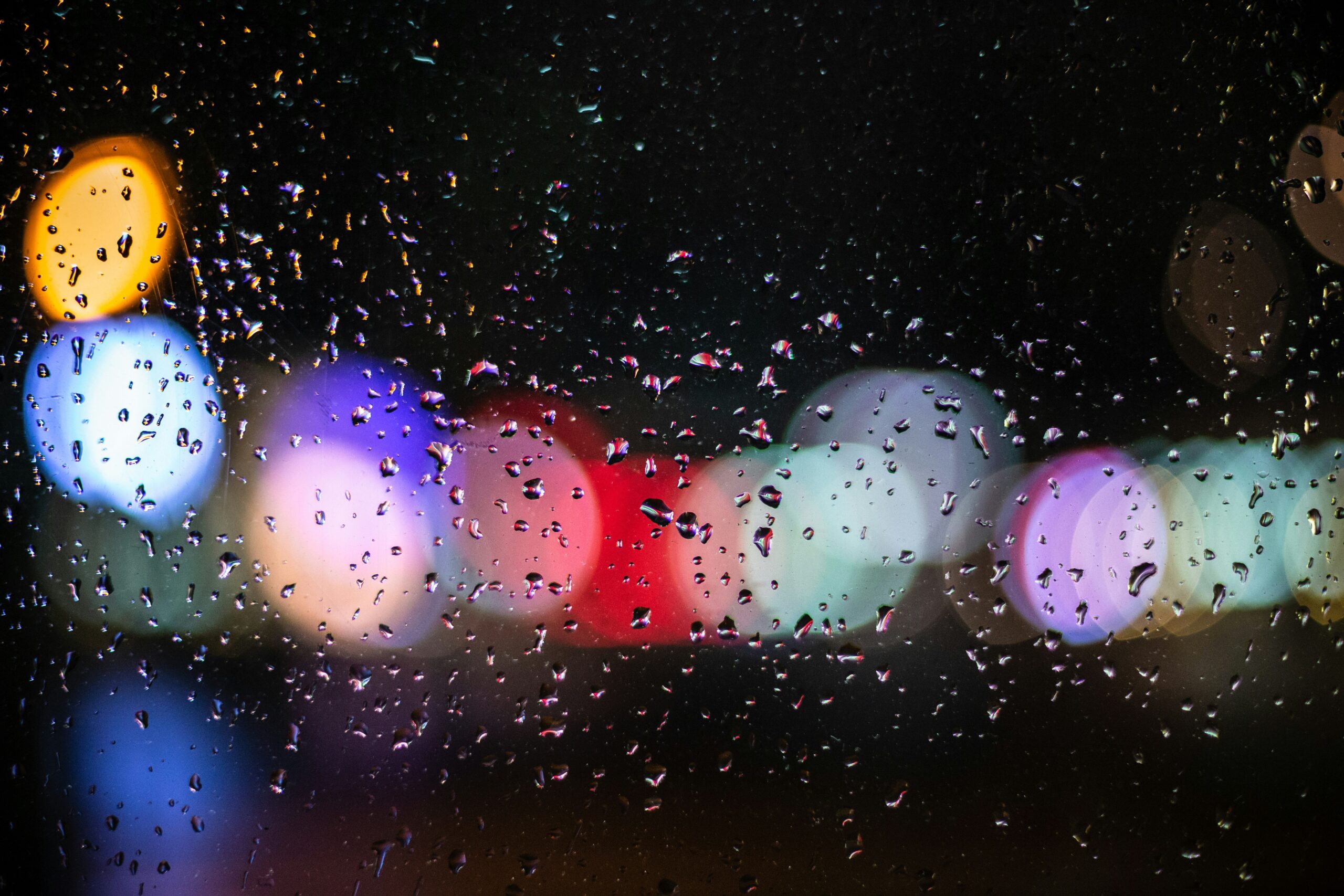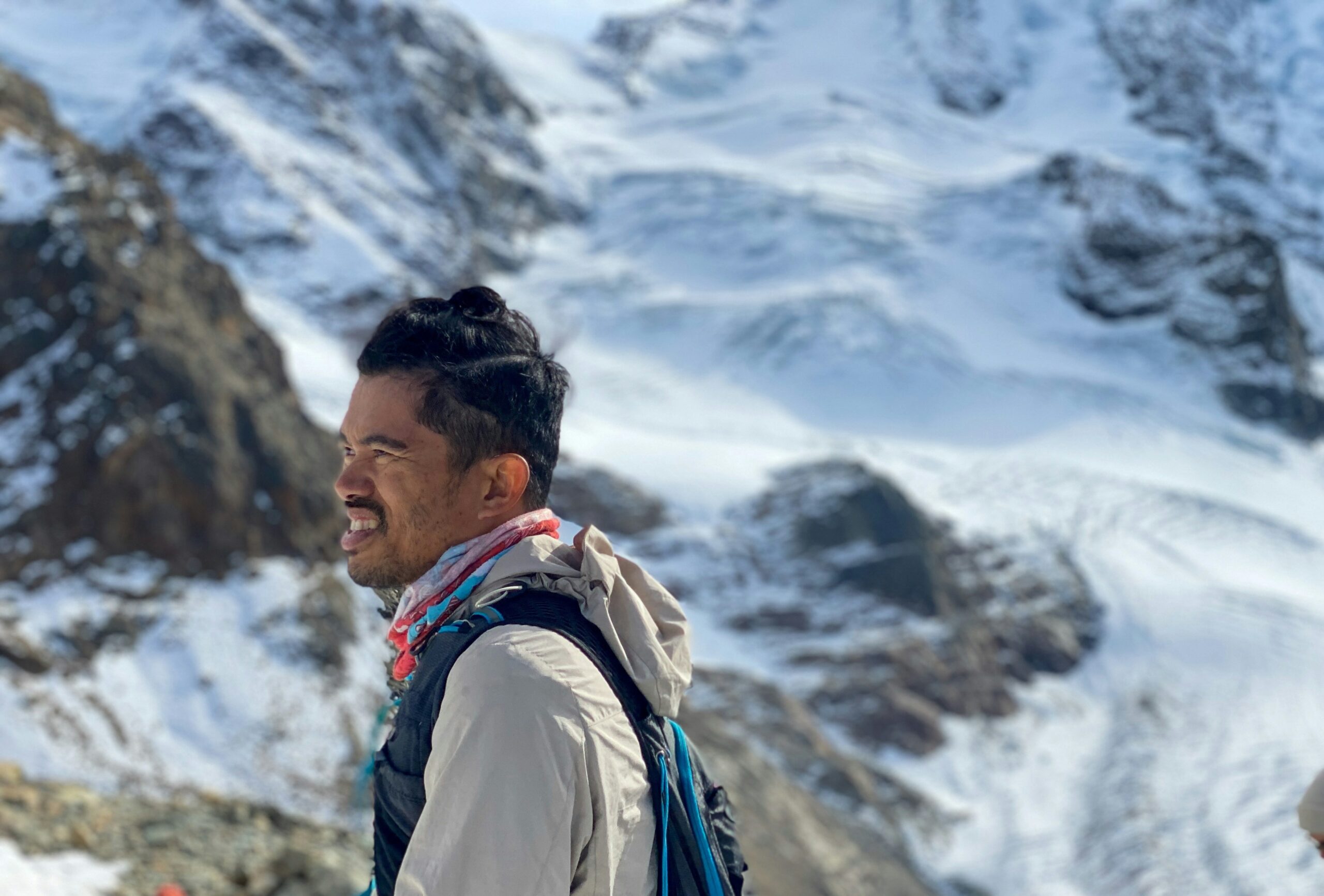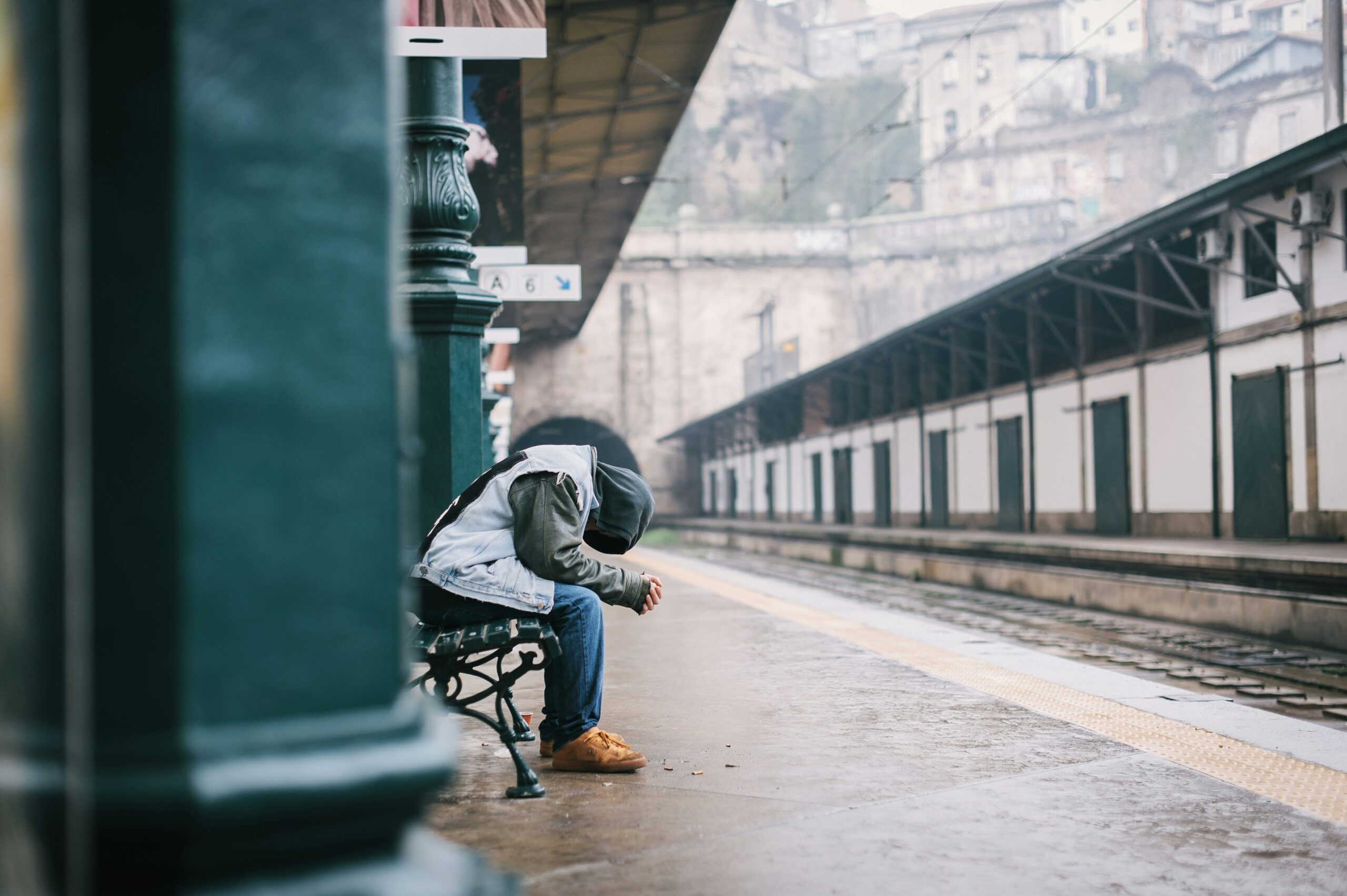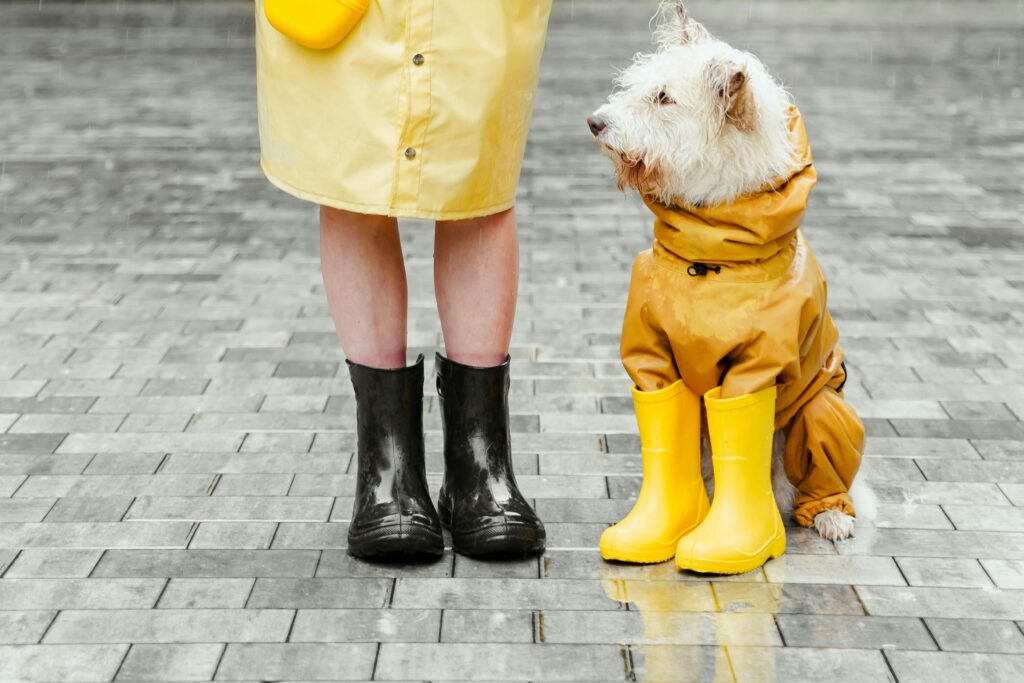Ever been caught in a downpour while traveling, dragging around a soggy suitcase, and cursing the day you thought “I don’t need rain gear?” Yeah, we’ve all been there. But the solution might be lighter—and more stylish—than you think. Enter ponchos, your secret weapon for ultra-light rain protection.
In this post, we’ll uncover how modern travel ponchos blend minimalist design with peak performance. We’ll cover:
– Why ponchos outshine bulkier rain gear.
– A step-by-step guide to choosing the perfect travel poncho.
– Tips to keep dry *and* Instagram-ready on the go.
Let’s dive in!
Table of Contents
- Key Takeaways
- The Problem With Bulky Gear
- How to Choose a Poncho
- Best Practices for Using Ponchos
- Real-Life Poncho Wonders
- FAQs About Travel Ponchos
Key Takeaways
- Ponchos are the ultimate ultra-light rain protection for travelers.
- They pack smaller than jackets and protect better than umbrellas.
- Avoid cheap plastic models; opt for breathable materials like nylon or Gore-Tex.
- Pro tip: Match functionality with aesthetic appeal—it’s 2023, after all.
The Problem With Bulky Gear
Optimist You: “I’ll just toss my heavy-duty raincoat into my carry-on!”
Grumpy You: “Great idea… until it takes up half your bag.”
Here’s the cold truth: Traditional raincoats aren’t cut out for modern travel. They’re bulky, take forever to dry, and make packing feel like Tetris gone wrong. And let’s not even get started on those flimsy disposable ponchos from gas stations—they’re chef’s kiss terrible. Sounds about as practical as wearing bubble wrap during monsoon season.

How to Choose a Poncho
To truly embrace ultra-light rain protection, follow these steps:
Step 1: Check Material Quality
Your poncho should scream “waterproof” but whisper “breathable.” Look for fabrics like ripstop nylon or advanced synthetics that resist tearing without suffocating you. Trust me—you don’t want to sweat rivers under your rain gear.
Step 2: Size Matters
A proper travel poncho should drape comfortably over your body and backpack (yes, covering both is possible). Size charts are lifesavers here; ignore them at your peril.
Step 3: Prioritize Portability
Your ideal poncho folds into its own tiny pouch, taking up less space than a granola bar. Pro hack: Clip it to your belt loop or stuff sack for hands-free convenience.

Best Practices for Staying Dry
- Pair with Quick-Dry Clothing: Even if your poncho rocks, damp leggings can ruin your vibe.
- Invest in Waterproof Shoes: Ponchos handle top-down rain, but puddles demand sturdy footwear.
- Test Before You Go: Practice putting yours on indoors first because no one likes wrestling with wet fabric in public.
- Terrible Tip Alert: Don’t buy neon colors unless you’re auditioning for a circus act.
Real-Life Poncho Wonders
Meet Sarah, an adventurous globetrotter who survived Iceland’s unpredictable weather thanks to her trusty travel poncho. She says, “It shielded me on lava fields, city streets, *and* crowded buses. It was raining buckets—but I stayed bone dry.”

Sarah’s story proves ponchos aren’t just functional—they’re versatile enough for any scenario life throws at you.
FAQs About Travel Ponchos
Can I reuse a disposable poncho?
Techically? Sure. Realistically? Nah. These tear easily and lose waterproof properties after one use. Ditch the dollar-store version and upgrade.
Are ponchos eco-friendly?
Some brands now create recyclable or bio-based ponchos. Do your research to stay environmentally conscious.
Do ponchos work in extreme conditions?
High-quality ones definitely do. If you’re trekking Everest, though, maybe throw in extra layers.
Conclusion
Ultra-light rain protection isn’t some mythical unicorn—it exists, and its name is “travel poncho.” Lightweight, stylish, and surprisingly rugged, these little marvels belong in every traveler’s arsenal. So next time clouds threaten your adventure, reach for your poncho—not panic mode.
Remember: Smart packing + smart choices = stress-free travels. Happy trails, friends!
“Like a Poké Ball, your perfect poncho awaits to save the day.”


